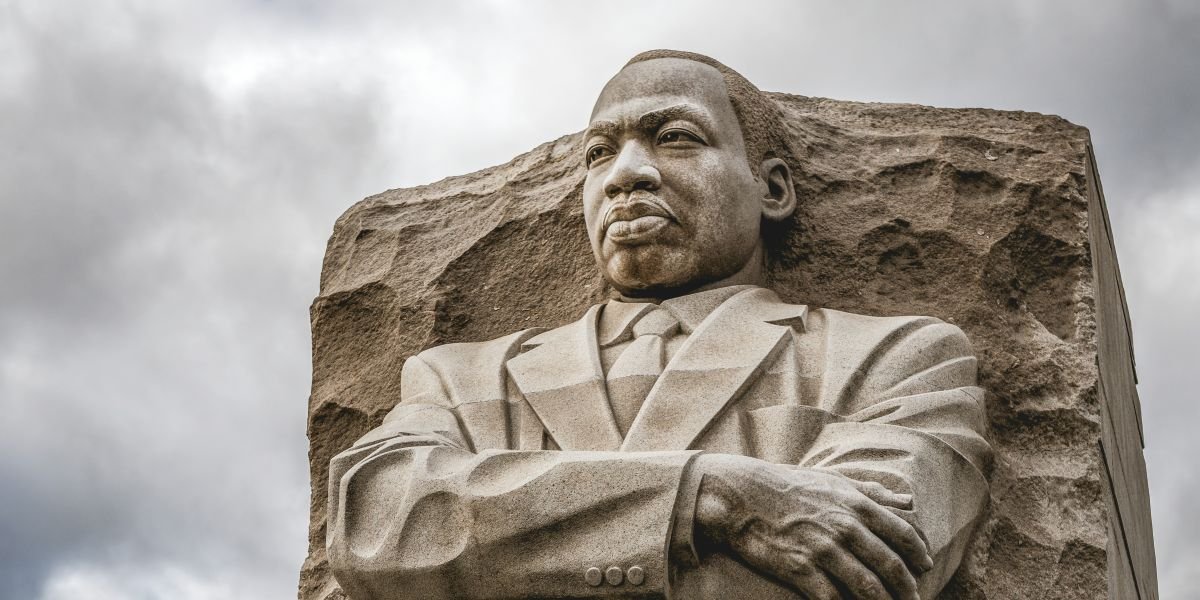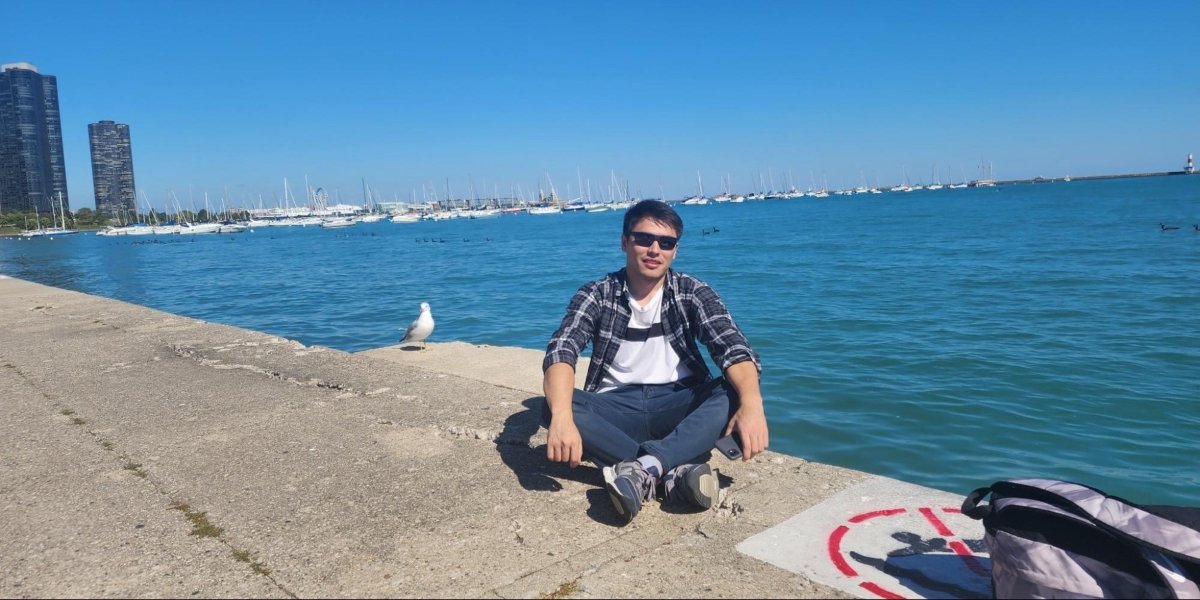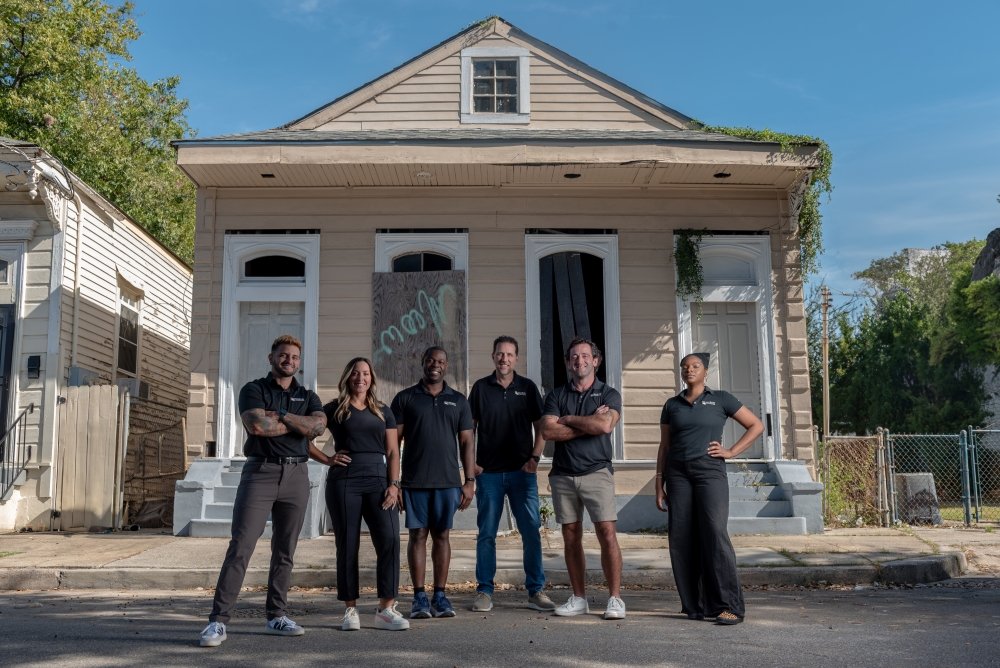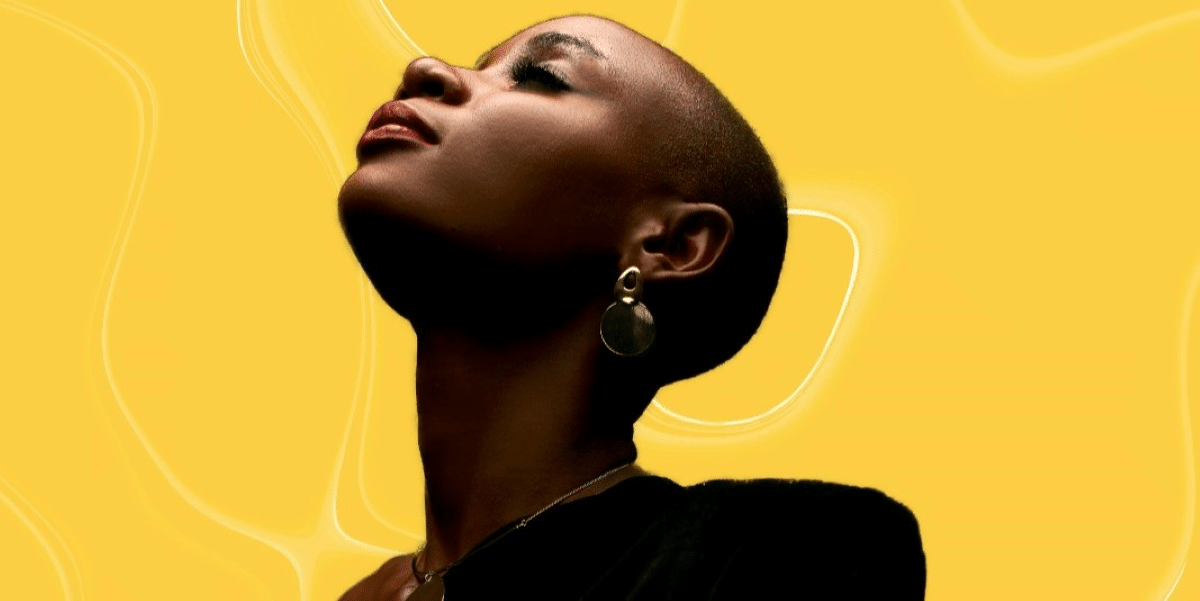By: Feature Writer, MMB
When Christi Venable began her career in counseling, she never imagined that one day she would become a leading voice in the national conversation about mental health—specifically, the mental health of Black men. But over time, as she worked with students in schools, young adults in detention centers, and executives in corporate boardrooms, a consistent thread emerged: the emotional pain of Black men was often invisible, overlooked, or ignored.
“I kept seeing it everywhere,” she recalls. “Boys being told to ‘man up,’ teens holding back tears, grown men carrying trauma they never got to unpack—because no one ever made space for their healing.”
Now, as National Minority Mental Health Awareness Month is recognized across the country each July, Christi is helping bring visibility to a population that continues to suffer in silence. Originally established in 2008 in honor of mental health advocate Bebe Moore Campbell, this national observance shines a light on the unique struggles faced by underrepresented communities—particularly when it comes to access, stigma, and culturally competent care.

Photo Courtesy: Christi Venable
Through her work as a licensed professional counselor and founder of SMILE Therapy Services, Christi is challenging norms and building safe spaces where Black men can be vulnerable without fear of judgment.
The statistics tell a painful story. Black Americans are 20% more likely to experience serious mental health problems than the general population—but only about 25% of Black individuals seek mental health care, compared to 40% of white Americans. For Black men, the gap is even wider.
Research from the CDC shows that suicide rates among Black males aged 15–24 have increased significantly over the past two decades, and young Black boys aged 5–12 are more than twice as likely to die by suicide as their white peers. Yet despite these alarming numbers, the stigma around seeking therapy remains strong in many Black communities—especially among men.
“The idea that therapy is weak or ‘not for us’ is killing our people,” Christi says plainly. “We have to normalize mental wellness as a form of strength, not shame.”
Christi doesn’t just talk about mental health—she builds community around it. Her approach is deeply intentional: therapy that is culturally relevant, spiritually grounded, and emotionally safe.
Rather than relying solely on traditional office-based therapy, Christi brings conversations into schools, churches, barbershops, and community events. Whether she’s hosting men’s wellness circles, supporting fathers through grief, or speaking on national panels, her message is clear: Black men deserve healing, and they don’t have to do it alone.
Earlier this year, she launched The Huddle, an initiative focused on encouraging open dialogue about emotional wellbeing among men. The name is intentional—a nod to both sports and solidarity. “In a huddle, everyone leans in,” she says. “That’s what we need. Less isolation. More leaning in.”
Christi’s work has not gone unnoticed. She has received multiple awards for her impact in the mental health and education sectors. But for her, the real reward is witnessing transformation.
“We’re not broken—we’re burdened,” she says. “And the beautiful thing is, burdens can be shared. Therapy is one way to do that.”
Disclaimer: The content is for informational purposes only and should not be construed as professional medical or psychological advice. Readers are encouraged to seek guidance from licensed professionals for mental health concerns. All statistics and claims are based on publicly available sources and should be independently verified.








